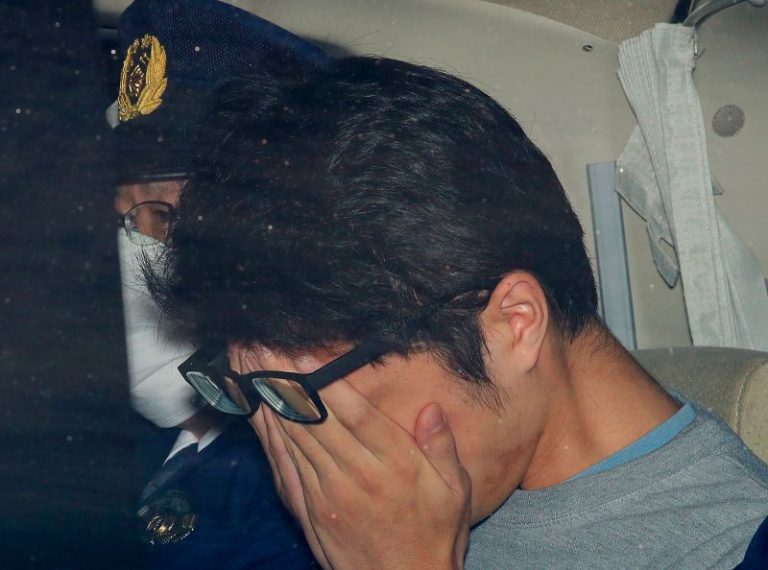Editor’s Note: Help is available if you or someone you know is struggling with suicidal thoughts or mental health matters.
In the US: Call or text 988, the Suicide & Crisis Lifeline.
Globally: The International Association for Suicide Prevention and Befrienders Worldwide have contact information for crisis centers around the world.
Japan has executed a man dubbed the “Twitter killer,” who was convicted of murdering and dismembering nine people, mostly women, in the country’s first use of capital punishment in nearly three years.
Takahiro Shiraishi, 34, was hanged Friday at the Tokyo Detention House. He was sentenced to death in 2020 after pleading guilty to killing the nine people – eight women and one man.
Shiraishi was arrested in October 2017 after police searched his home in the city of Zama in Kanagawa prefecture, on the outskirts of Tokyo, to investigate the disappearance of a 23-year-old woman who had expressed suicidal thoughts on social media, including Twitter, now known as X.
The high-profile mass murder case had gripped the nation for years and raised concerns over the use of social media.
The nine victims were aged between 15 and 26, according to Japanese public broadcaster NHK and TV Asahi, which both cited court proceedings. The victims had posted online that they wanted to kill themselves, and were subsequently contacted by Shiraishi through social media platforms, NHK and TV Asahi reported.
Using a handle which loosely translates as “hangman,” Shiraishi invited them to his apartment in Zama, promising to help them die, the Jiji news agency reported, citing the indictment.
Shiraishi pleaded guilty to murdering the victims, saying in court that he had killed them to satisfy his own sexual desires, NHK and TV Asahi reported.
He was found guilty in December 2020 of murdering, raping and dismembering the nine victims, and storing their bodies in his apartment.
Shiraishi’s lawyer appealed the ruling to the Tokyo High Court, but he later withdrew the appeal and the sentence was finalized, NHK reported.
“This case, driven by selfish motives such as sexual and financial gratification, resulted in the deaths of nine individuals over two months – a deeply serious incident that has caused shock and anxiety across society. I understand it is an especially heartbreaking case for both the victims and their families,” Justice Minister Keisuke Suzuki told reporters Friday at a press conference.
Shiraishi’s execution is the first the country has seen since July 2022, NHK reported.
In Japan, the death penalty is delivered by hanging, with execution dates not made public until after the penalty is carried out. Executions are shrouded in secrecy with little to no warning, and families and lawyers are usually notified only after the execution has taken place.
“The death sentence was finalized following a thorough trial process. After careful and deliberate consideration of all factors, I issued the execution order,” Suzuki said.
This is a developing story and will be updated.

